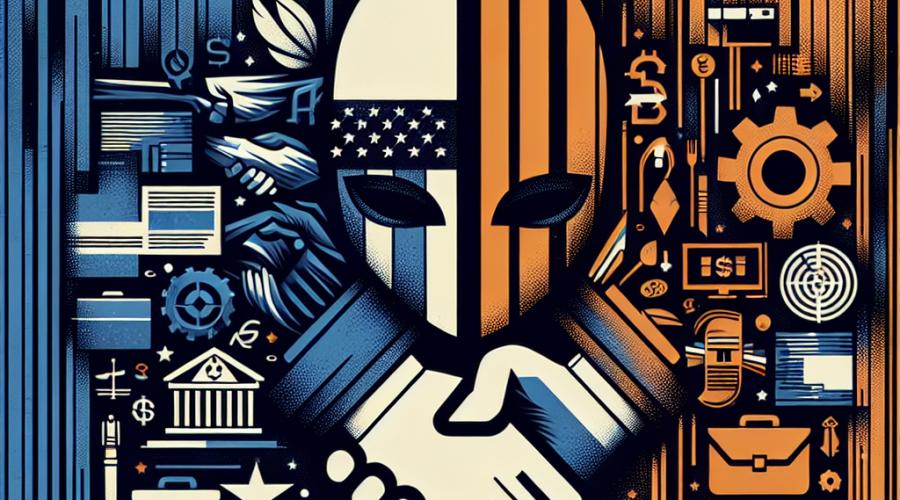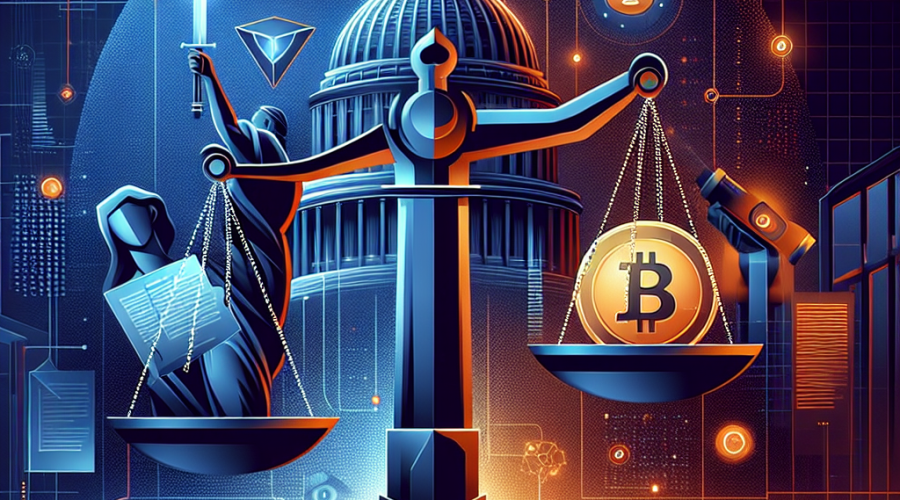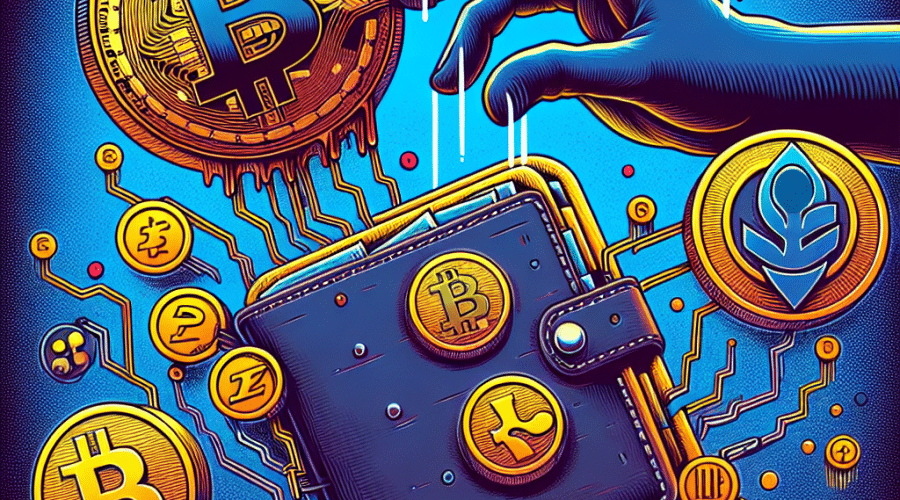A Verdict That Could Reshape the Crypto World
Recently, Roman Storm, the co-founder of crypto privacy tool Tornado Cash, was found guilty of one criminal charge. This verdict is a significant event that might redefine how the law interacts with decentralized finance (DeFi) developers. The legal battle revolved around accusations that Storm had intentionally facilitated money laundering by way of Tornado Cash, even though he publicized it as a privacy tool. The New York jury ultimately found him guilty of conspiring to operate an unlicensed money-transmitting business. The jury, however, could not reach a decision on two other charges: violation of U.S. sanctions and participation in money laundering.
The Implications of the Verdict
This outcome has a global crypto community asking some crucial questions. If making contributions to open-source software designed for privacy protection becomes a crime, what does this mean for the future of development? Shady El Damaty, the co-founder and CEO of human.tech by Holonym, warned against the perils of sliding down this slippery slope. What we should be promoting, according to El Damaty, is responsible innovation, systems that preserve privacy and decentralization yet still back transparency and accountability.
Privacy at Risk?
Privacy seems to be under threat for anyone working within the realm of decentralized systems. Kadan Stadelmann, CTO of Komodo Platform, emphasizes that Roman Storm created a privacy tool, not a criminal empire. He posits that this scenario could discourage developers from creating new tools, which ultimately undermines the core idea of DeFi: developing open, unrestricted systems. Public blockchains maintain a public record of transactions, resulting in visible and accessible users’ financial histories. This factor is a deterrent for individuals and institutions preferring to keep their transactions confidential.
The Accusations and Consequences
The U.S. government alleged that Storm and his co-founder, Roman Semenov, knew that the platform concealed illicit funds. According to prosecutors, over $1 billion was laundered through Tornado Cash, including hundreds of millions affiliated with Lazarus Group, a North Korean hacking establishment. As a possible consequence of Storm’s conviction, non-custodial permissionless system developers may now have to worry about potential illicit uses of their protocols. This case could set a precedent where developers might be held responsible for how their software is used, irrespective of if they don’t profit from or directly manage the service.
Legal and Innovative Perspectives
This case also highlights a growing disconnect in how decentralized software is seen, and how it genuinely functions and contributes to the industry. Jason Rozovsky, Head of Legal & Policy at Interop Labs, shed light on how DeFi represents a novel paradigm in both the financial and technology sectors, necessitating an innovative approach to regulation. A final verdict will establish if the charges apply, with more information to come regarding the Trump administration’s stance on crypto. The call to action is now on the appeal concerning the 1960 Conspiracy claim and waiting for the prosecution to file a retrial for the matter where the jury remained undecided. This case may well be a seminal event in the emerging field of cryptographic privacy law.


















